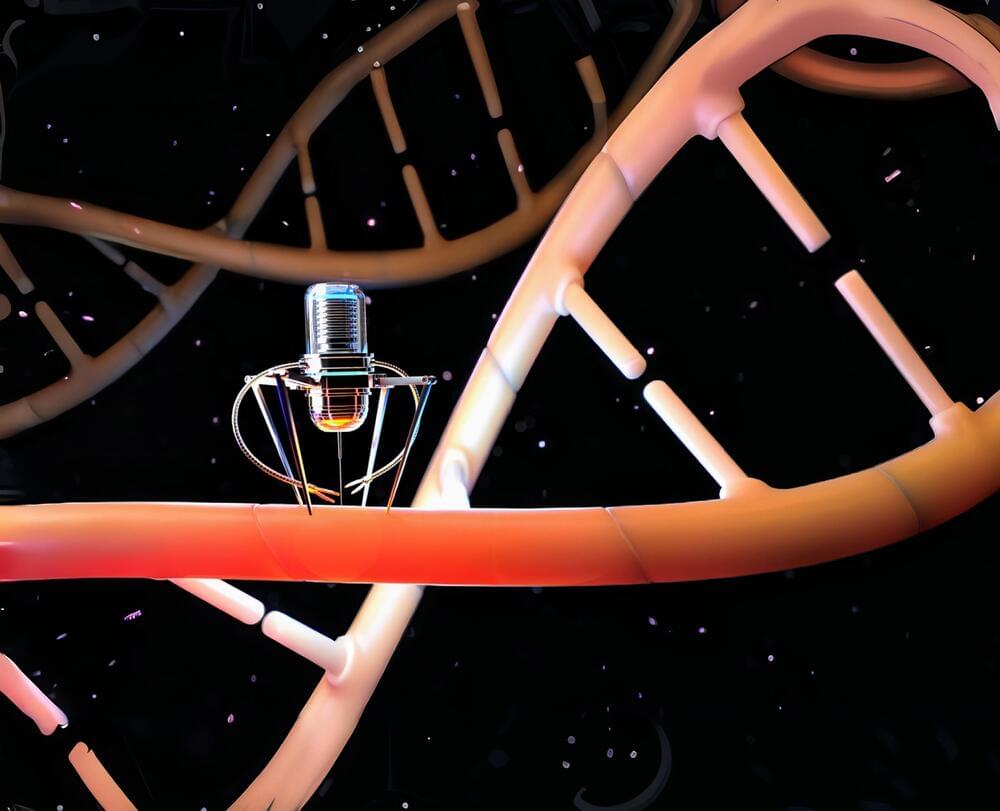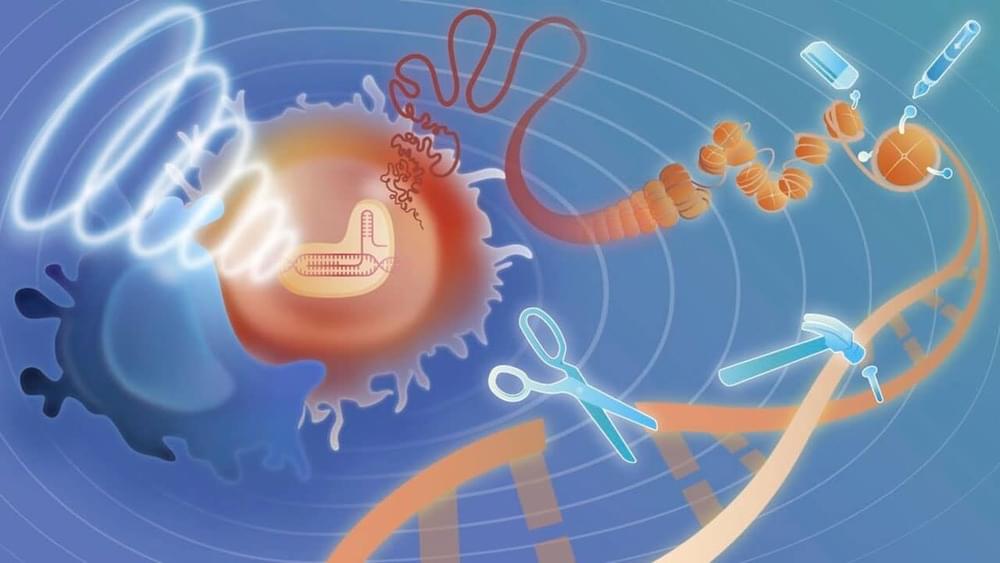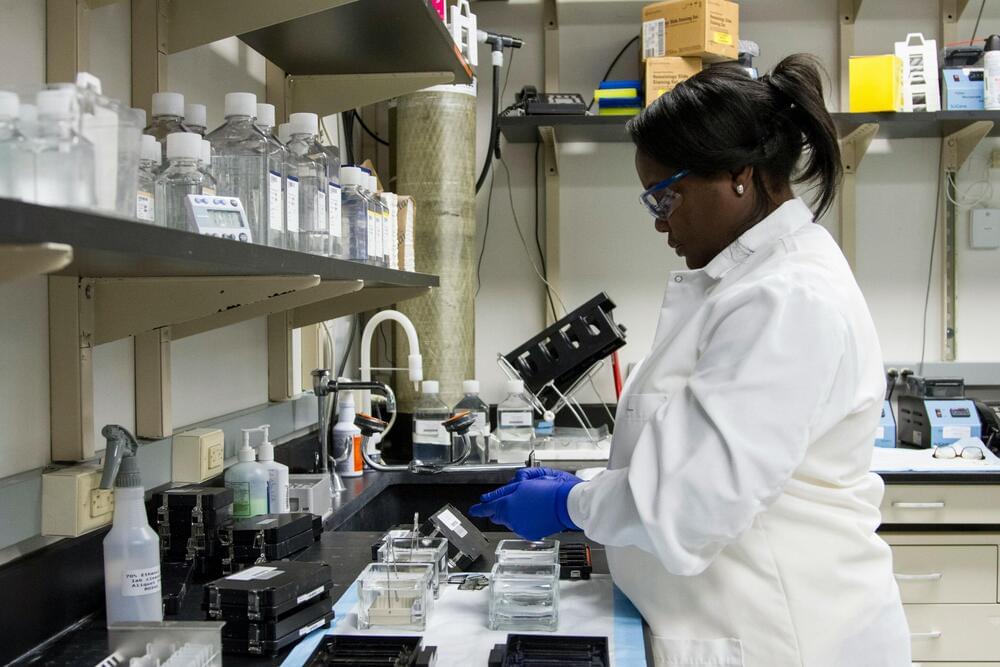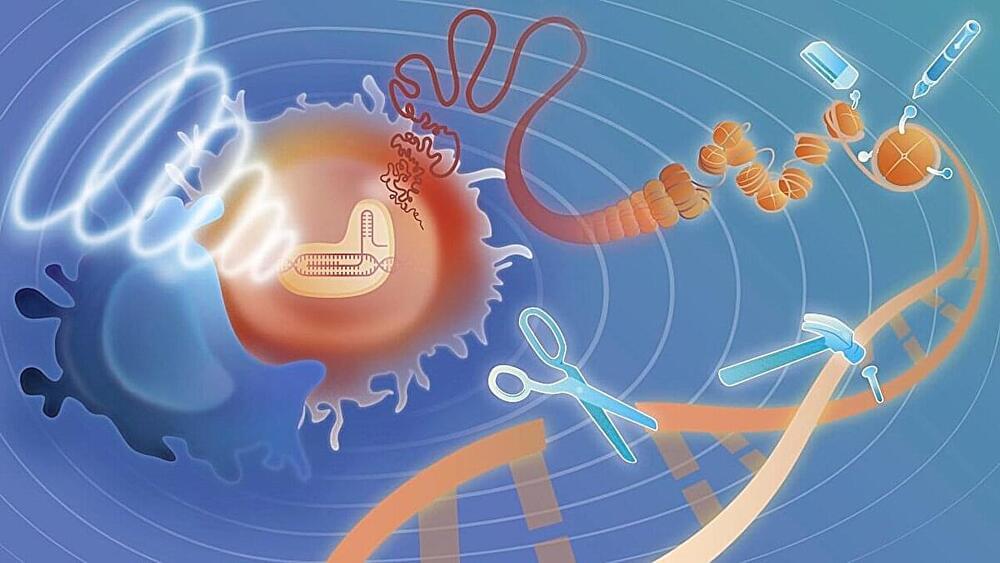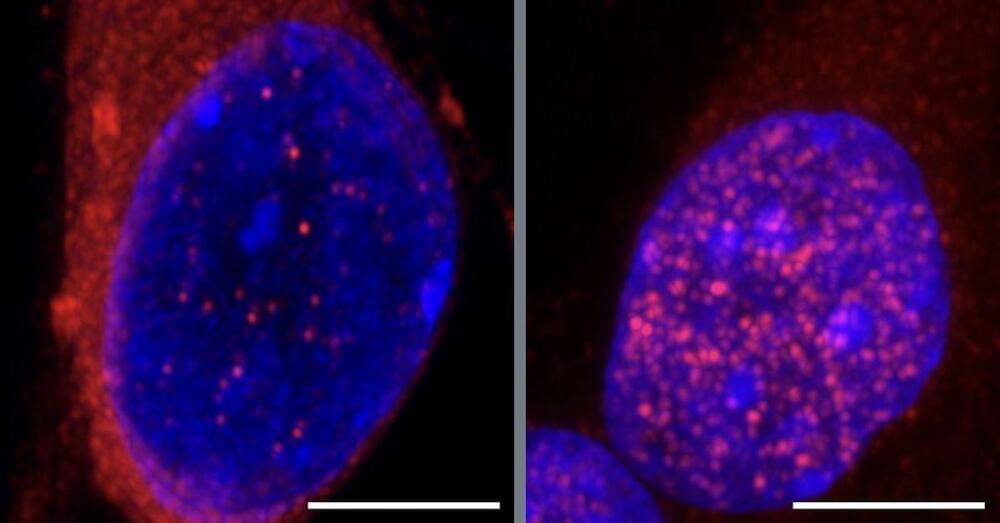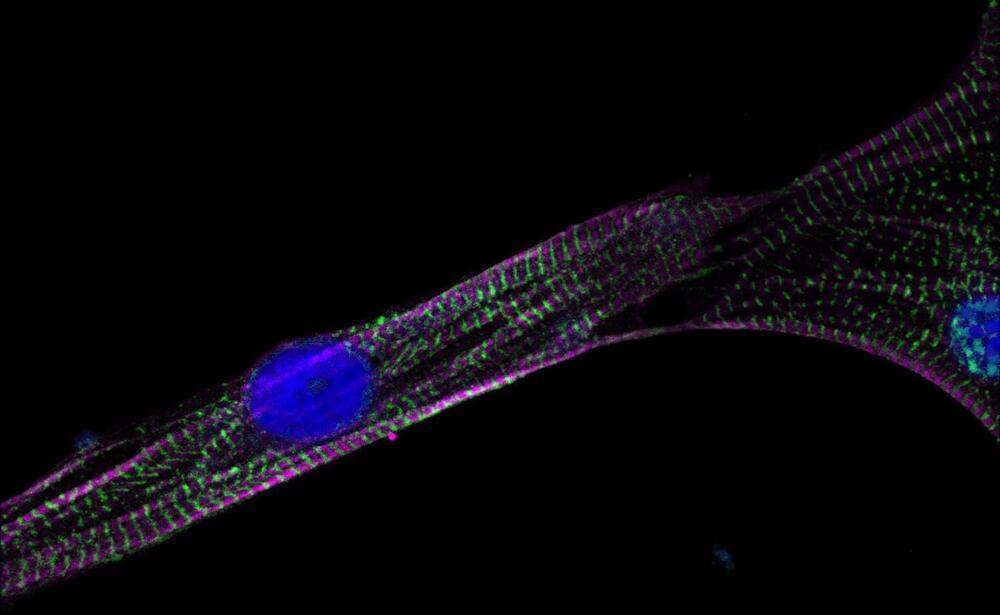The Adaptive Immunity and Immunoregulation Section (AIIS) in the Laboratory of Allergic Diseases at #NIAID is seeking an exceptional candidate for a postdoctoral fellowship position.
The National Institute of Allergy and Infectious Diseases (NIAID), one of the largest institutes in the National Institutes of Health (NIH), and part of the Department of Health and Human Services (HHS), conducts and supports basic and applied research to better understand, treat, and ultimately prevent infectious, immunologic, and allergic diseases.
A postdoctoral fellowship position is available immediately in the Adaptive Immunity and Immunoregulation Section (AIIS) within the Laboratory of Allergic Diseases, NIAID. AIIS seeks highly motivated and collaborative candidates with a strong publication record who are capable of independent reasoning and excited about learning new technologies.
AIIS aims to define the cellular and molecular mechanisms controlling the balance between protective and pathogenic adaptive immune responses to allergens and pathogens. With a particular focus on memory T and B cells and T follicular helper (Tfh) cells, the lab utilizes state-of-the-art cellular and molecular approaches, including in vivo models of infection and allergy, multi-color flow cytometry, adoptive transfer experiments, cell fate tracking experiments, bone marrow chimeras, parabiosis surgery, imaging, conditional knockout and transgenic models, RNA-Seq, and single-cell technologies to characterize memory B-and T-cell responses in different models of food and respiratory allergens and infections.
